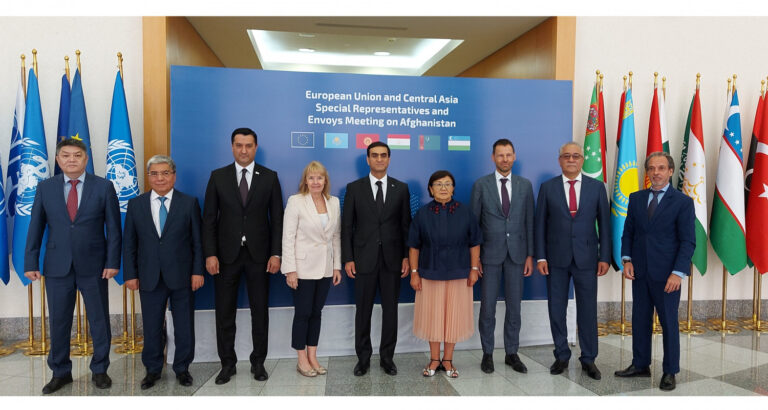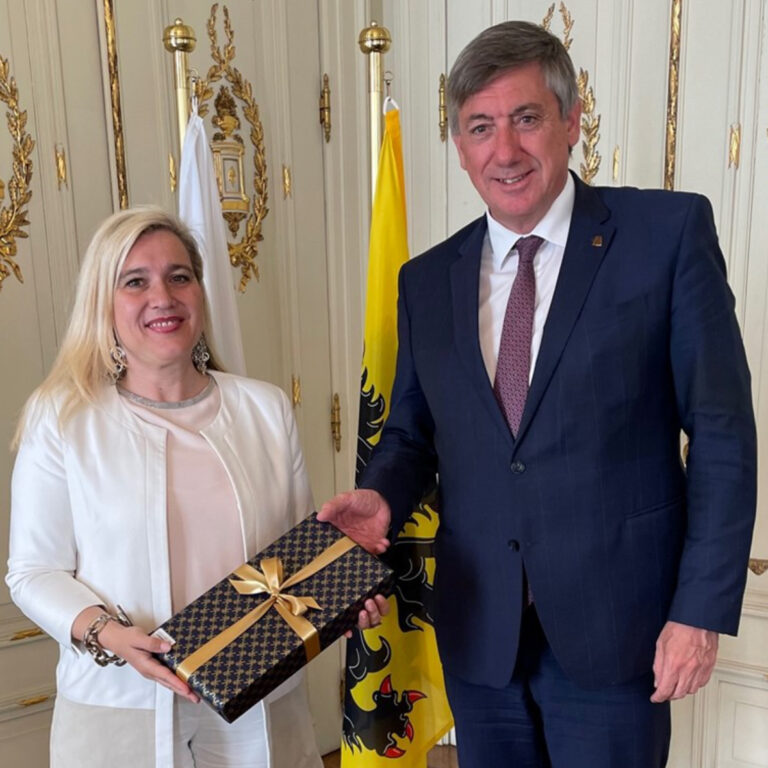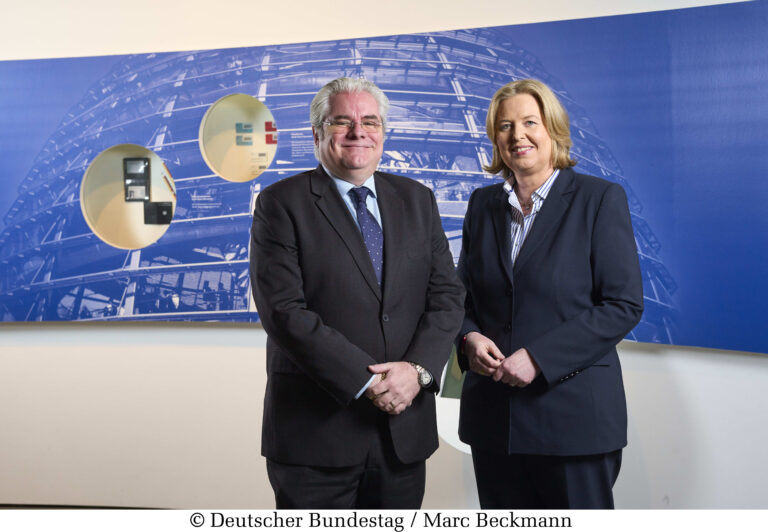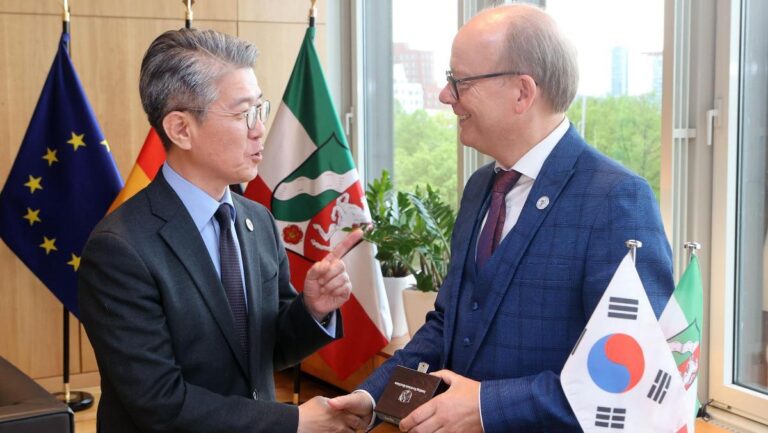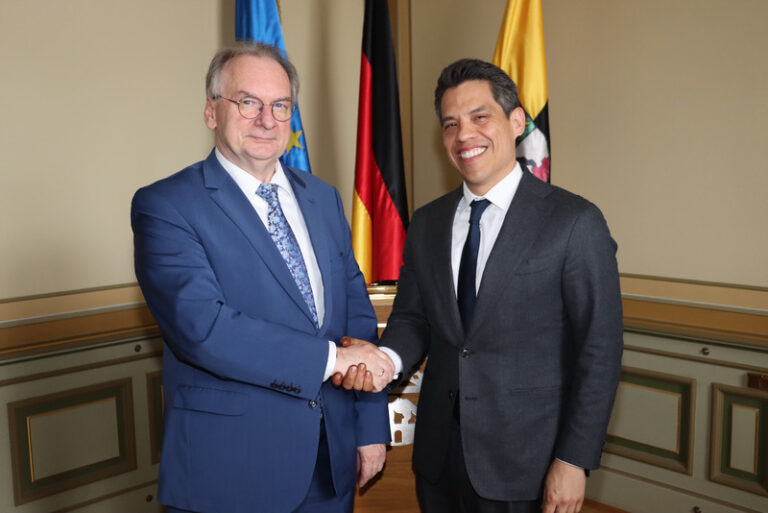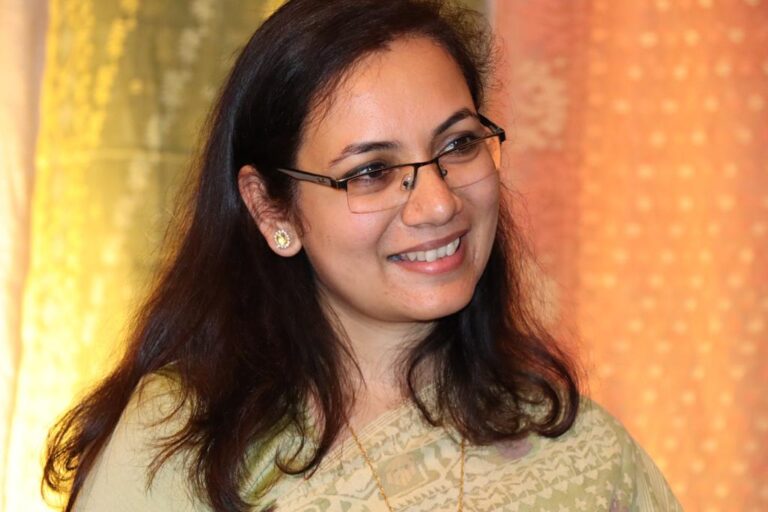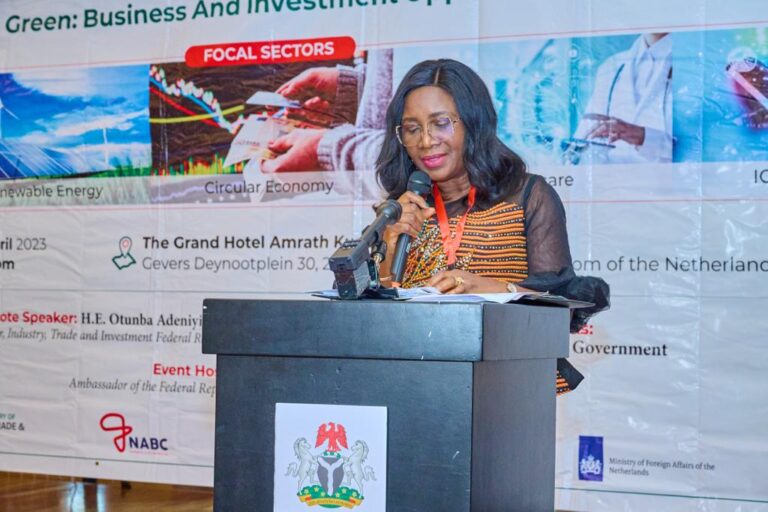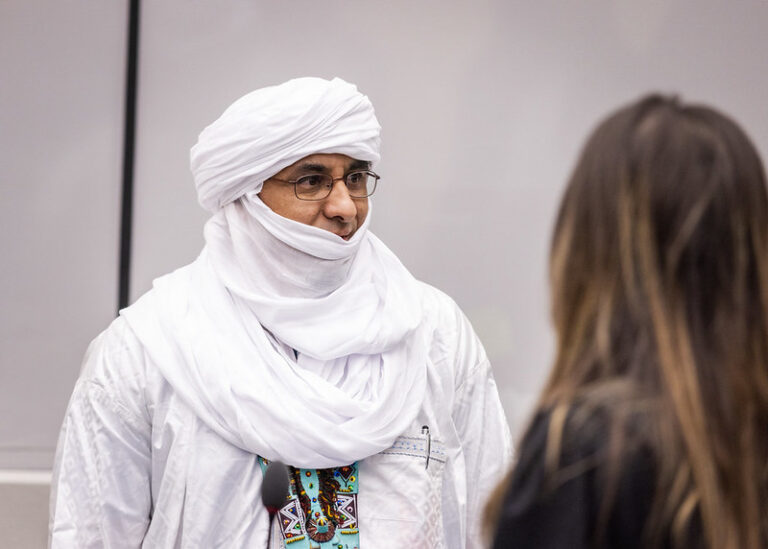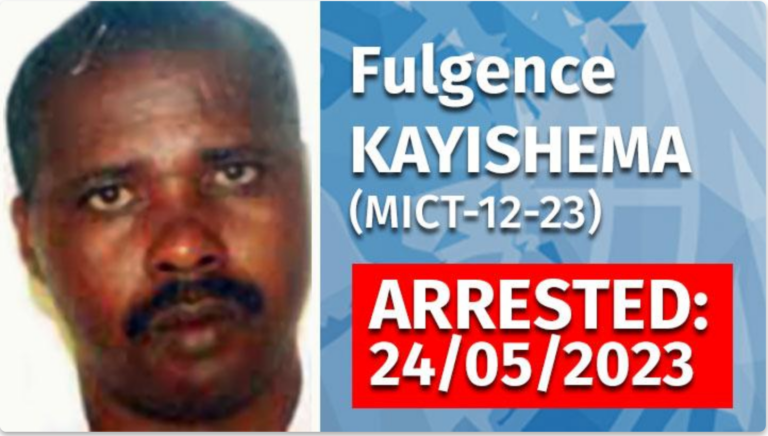By Willy Fautré, director of Human Rights Without Frontiers
As of 17 May 2023, UNESCO has verified damage to 256 sites since 24 February 2022 – 110 religious sites, 22 museums, 92 buildings of historical and/or artistic interest, 19 monuments, 12 libraries, 1 Archive.
Report of the Ukrainian Institute for Religious Freedom (January 2023)
As a result of the full-scale Russian invasion of Ukraine, at least 494 religious buildings, theological institutions, and sacred places were wholly destroyed, damaged, or looted by the Russian military, according to the Ukrainian Institute for Religious Freedom (IRF).
IRF presented this last updated data on the impact of the war on Ukrainian religious communities on January 31 and February 1 during the Summit on International Religious Freedom (IRF Summit 2023) held in Washington, D.C.
Most churches, mosques, and synagogues were destroyed in Donetsk region (at least 120) and Luhansk region (more than 70). The scale of destruction is also enormous in Kyiv region (70), where desperate battles were fought in defense of the capital, and in Kharkiv region – more than 50 destroyed religious buildings. Russian air raids, including those using Iranian drones, have affected almost all regions of Ukraine and continue to this day.
Churches of the Ukrainian Orthodox Church (affiliated with the Moscow Patriarchate) suffered the most from Russian aggression – at least 143 were destroyed.
The scale of destruction of evangelical church prayer houses is immense – at least 170 in total, of which most affected were Evangelical Christian churches – 75, Evangelical Baptist Christian prayer houses – 49, and Seventh-day Adventist churches – 24.
The updated IRF data also contains information on the destruction of the Kingdom Halls of Jehovah’s Witnesses – a total of 94 religious buildings, of which seven were utterly destroyed, 17 were severely damaged, and 70 were insignificantly damaged.
UNESCO’s policy
UNESCO is conducting a preliminary damage assessment for cultural properties* by cross-checking the reported incidents with multiple credible sources. These published data which are regularly updated do not commit the Organization. UNESCO is also developing, with its partner organizations, a mechanism for independent coordinated assessment of data in Ukraine, including satellite image analysis, in line with provisions of the 1954 Hague Convention for the Protection of Cultural Property in the Event of Armed Conflict.
*The term “cultural property” refers to immovable cultural property as defined under Article 1 of the 1954 Hague Convention, irrespective of its origin, ownership or status of registration in the national inventory, and facilities and monuments dedicated to culture, including memorials.
The Organization is in contact with Ukrainian authorities to mark cultural sites and monuments with the distinctive “Blue Shield” emblem of the 1954 Hague Convention for the Protection of Cultural Property in the Event of Armed Conflict to avoid deliberate or accidental damages.
Properties inscribed on World Heritage list, such as the site of “Kyiv: Saint-Sophia Cathedral and Related Monastic Buildings, Kyiv-Pechersk Lavra”, are considered a priority.
Comment of Audrey Azoulay, UNESCO Director-General
The first challenge is to mark cultural heritage sites and monuments and recall their special status as protected areas under international law.
To date, no UNESCO World Heritage site appears to have been damaged.
UNESCO also assisted the Ukrainian authorities in marking cultural sites with the distinctive blue shield emblem. This symbol indicates that the property is protected under the 1954 Hague Convention. Therefore, any infringement is considered a violation of international law and can be prosecuted. It should also be noted that none of the seven UNESCO World Heritage sites have been affected to date.
Laying the foundations for future reconstruction
By recording and documenting the damage and destruction of cultural sites, UNESCO not only warns of the seriousness of the situation, but also prepares for future reconstruction. Although it is still too early to start work, the UN organization has already created a fund dedicated to actions in support of Ukraine and has launched an appeal for contributions to its Member States for a rapid response.
List of damaged religious and cultural sites per region as of 17 May 2023 (See the details of the list below HERE)
- Donetsk Region: 71 damaged sites
- Kharkiv Region: 55 damaged sites
- Kyiv Region: 38 damaged sites
- Luhansk Region: 32 damaged sites
- Chernihiv Region: 17 damaged sites
- Sumy Region: 12 damaged sites
- Zaporizhia Region: 11 damaged sites
- Mykolaiv Region: 7 damaged sites
- Kherson Region: 4 damaged sites
- Zhytomyr Region: 3 damaged sites
- Vinnytsia Ragion: 2 damaged sites
- Dnipropetrovk Region: 1 damaged site
- Odesa Region: 1 damaged site
Previous assessments and some UNESCO declarations
On 23 June 2022, according to the checks carried out by UNESCO’s experts, 152 cultural sites had been partially or totally destroyed as a result of the fighting, including 70 religious buildings, 30 historical buildings, 18 cultural centres, 15 monuments, 12 museums and seven libraries.
Comment of Audrey Azoulay, UNESCO Director-General
“These repeated attacks on Ukrainian cultural sites must stop. Cultural heritage, in all its forms, should not be targeted under any circumstances. I reiterate my call for the respect of international humanitarian law, in particular the Hague Convention for the Protection of Cultural Property in the Event of Armed Conflict.”
On 8 March 2022, UNESCO published a statement saying it was in permanent contact with all relevant institutions, as well as with Ukrainian cultural professionals, to assess the situation and to reinforce the protection of cultural properties.
UNESCO provided technical advice to cultural professionals in the field to protect buildings. Inventory works and shelters were identified to secure objects that could be moved, and fire-fighting measures were reinforced.
Comment of Audrey Azoulay, UNESCO Director-General
We must safeguard the cultural heritage in Ukraine, as a testimony of the past but also as a catalyst for peace and cohesion for the future, which the international community has a duty to protect and preserve.

